Description
Stimulators in hospitals are medical devices used to treat various conditions by delivering electrical impulses to specific parts of the body. Here are a few common types of stimulators used in hospital settings:
- Spinal Cord Stimulator (SCS): This device is implanted to treat chronic pain by sending low levels of electricity directly into the spinal cord. It can help manage pain that hasn’t responded to other treatments.
- Deep Brain Stimulator (DBS): Used to treat neurological conditions such as Parkinson’s disease, essential tremor, and dystonia. It involves implanting electrodes in specific areas of the brain to regulate abnormal impulses.
- Transcutaneous Electrical Nerve Stimulation (TENS): A non-invasive device that uses electrodes placed on the skin to deliver electrical impulses to nerves, helping to relieve pain.
- Cardiac Pacemaker: A device implanted in the chest to help manage irregular heartbeats by sending electrical impulses to the heart muscle.
- Neuromuscular Electrical Stimulation (NMES): Used to stimulate muscle contractions in patients with muscle weakness or paralysis, often as part of physical therapy.


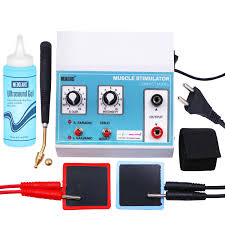
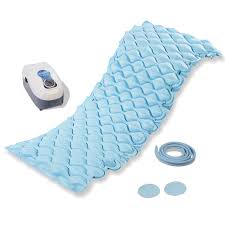
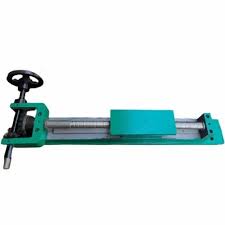
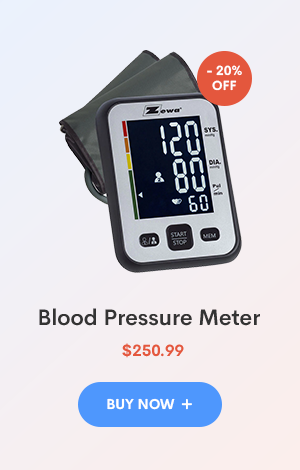
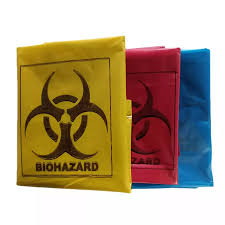
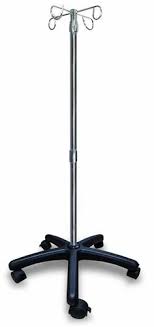
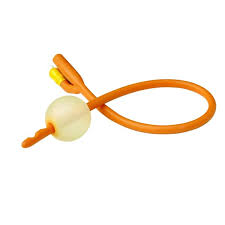
Reviews
There are no reviews yet.